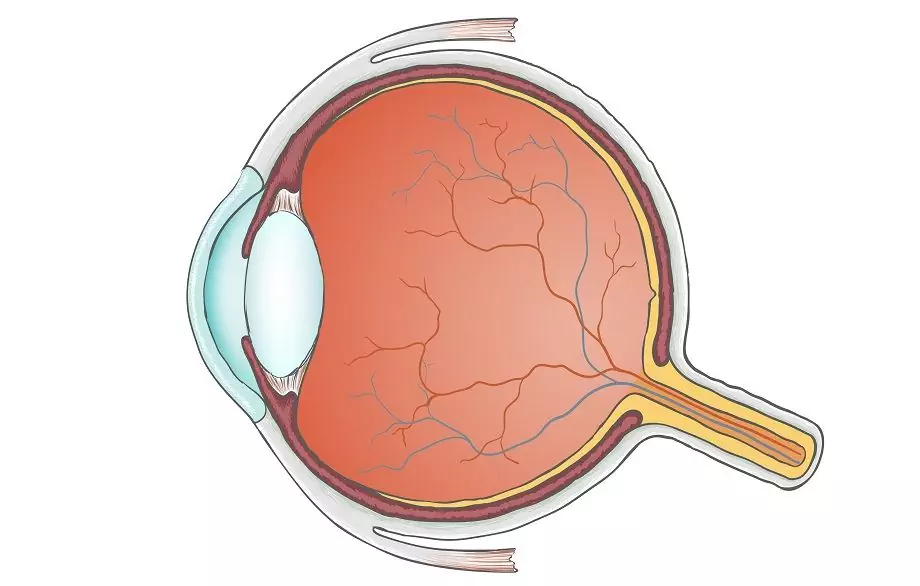- Author Rachel Wainwright wainwright@abchealthonline.com.
- Public 2023-12-15 07:39.
- Last modified 2025-11-02 20:14.
About hematology

Hematology is a field of medicine that deals with the study, treatment and prevention of diseases of the blood and hematopoietic organs.
Blood performs not only a nutritive function in the body, delivering nutrients and oxygen to cells, but also a protective one, since it is the main organ of the immune system. In this regard, diseases of the blood and organs of the hematopoietic system always have serious consequences for the body.
Despite significant advances in hematology over the past several decades, blood diseases are common. Particularly alarming is the fact that the number of blood diseases among children, including malignant ones, is growing, which is associated, first of all, with an unfavorable environmental situation. In addition to bad ecology, the following factors influence the occurrence of blood diseases: psycho-emotional stress, poor nutrition, contact with carcinogenic substances, ionizing radiation. The hereditary factor is also of great importance.
The two largest groups of diseases that hematologists have to deal with are malignant blood lesions (leukemia, lymphoma) and anemia.
Hematology is currently very successfully coping with many diseases, a breakthrough has been made in relation to malignant lesions of the blood. So, acute leukemia in children is now successfully cured in 90% of cases, provided that the diagnosis is made in a timely manner.
It should be noted that timely diagnosis plays a decisive role in hematology, since in advanced cases the disorders take on such a global nature that they cannot be compensated for, and vice versa, most blood diseases are successfully treated in the early stages. This is one of the reasons that a blood test is prescribed for any examination, even when contacting a doctor for a completely different reason.
If alarming symptoms appear, you should not take a wait-and-see attitude, but you should immediately consult a doctor and donate blood for analysis.
The early symptoms of most hematological diseases are the following: increased fatigue, pallor of the skin, blueness of the lips and nails, increased bleeding (spontaneous bleeding from the nose, the appearance of extensive bruises even with small bruises, long-term bleeding from small wounds), causeless night fever and loss weight.
Found a mistake in the text? Select it and press Ctrl + Enter.






